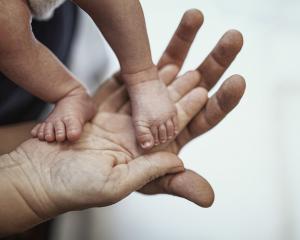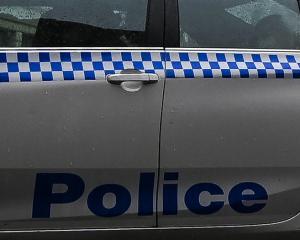
Monash IVF said it discovered in February this year that a woman at its Brisbane clinic had the wrong embryo transferred, "resulting in the birth of a child".
The company responsible for nearly a quarter of Australian IVF treatments said it discovered the incident after the parents requested to have their remaining embryos sent to another provider, only to learn of an additional embryo in storage.
"All of us at Monash IVF are devastated and we apologise to everyone involved," chief executive Michael Knaap said in a statement, adding the company had done extra audits and believed the incident was isolated.
The parents, who were not identified, were considering legal options, News Corp mastheads reported.
The news has hammered the company's shares as investors already spooked by market turmoil weighed the reputational impact of a scandal embroiling the company.
Monash IVF stock was down 24% by mid-session, its sharpest decline since 2019 and touching its lowest level since 2021.
In a statement to the Australian Securities Exchange, the company called the incident distressing but said it did not think it would have a material impact on its financial performance.
Monash IVF said it hired a lawyer to run an independent investigation and reported the incident to both the state health regulator and the Reproductive Technology Accreditation Committee, part of industry group the Fertility Society of Australia.
"Incidents of this nature are rare," the Fertility Society said in a statement, adding that "patients place considerable trust in fertility services, and the safe handling and identification of embryos is a fundamental responsibility".
Queensland Health, the government body to which Monash IVF reported the incident, said it only became the regulator in September 2024, meaning the incorrect embryo transfer took place before - when the industry in Australia was largely self-regulated.
"We will work with Monash IVF to reinforce safeguards in their Queensland clinics and ensure any risks are identified and mitigated," a Queensland Health spokesperson said.











